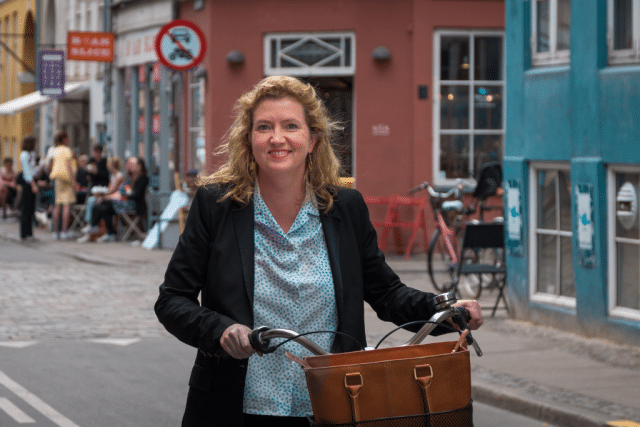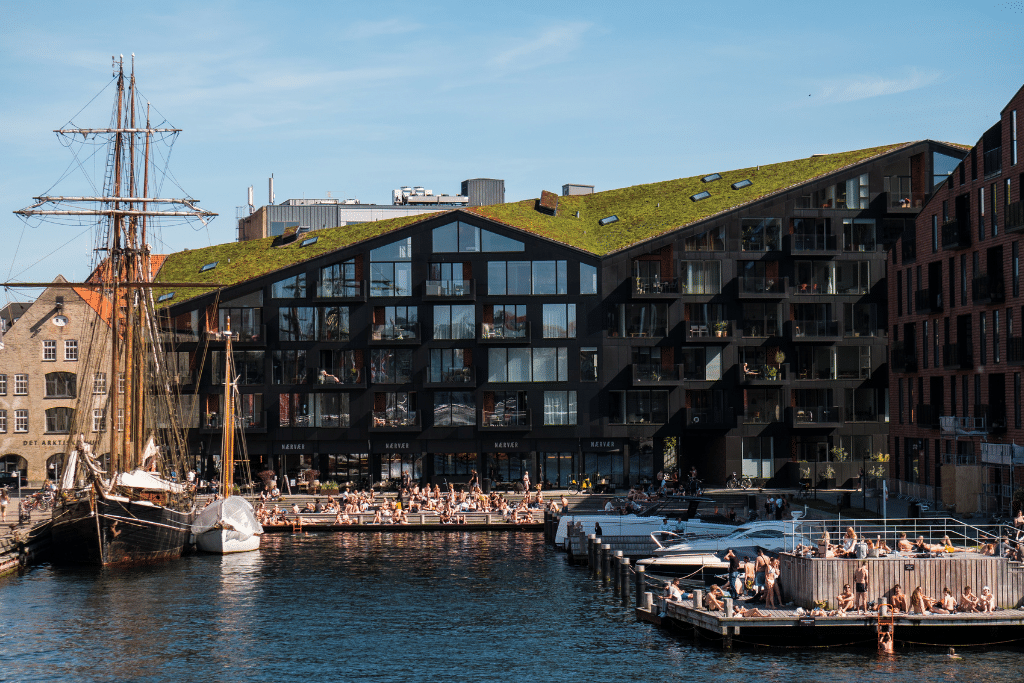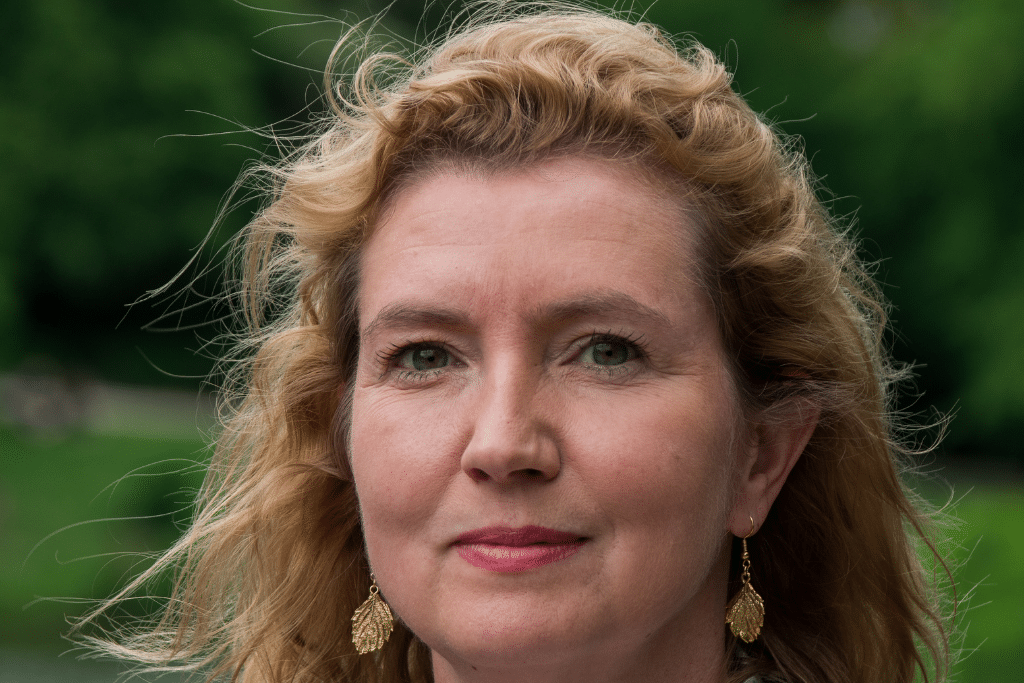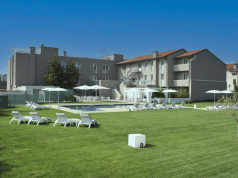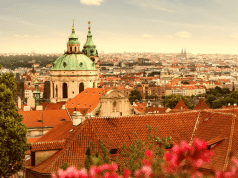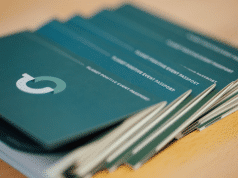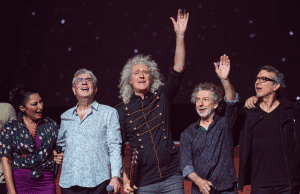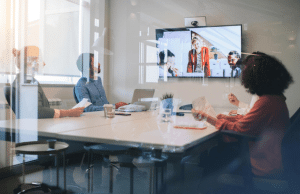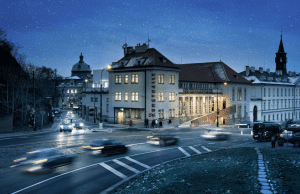COPENHAGEN – ONE OF THE MOST SUSTAINABLE CITIES IN THE WORLD
Kongres Magazine talked to Kit Lykketoft, Convention Director of Copenhagen Convention Bureau on Copenhagen’s sustainable endeavours, how to start living sustainably and how Copenhagen Sustainability Guide is spearheading change.
Q1: What would be your answer to someone claiming that the environmental changes we are witnessing are not a consequence of human actions?
There is plenty of very well-documented scientific evidence from countless established sources out there to prove the opposite.
Q2: What does the slogan “think global, act local” mean to you?
The phrase is used in many ways. One way to interpret it; is that it urges people to consider the health of the entire planet whilst simultaneously acting in their own communities, cities, and countries. In Copenhagen, we have a long-standing tradition of pursuing green solutions and earth harmony living, for instance.
Q3: What do you see as the greatest environmental issue in your country and city?
Town planning, i.e., urban management and development, highly impacts the surrounding environment, but there are so many issues melding within this subject; energy sourcing, waste management, etc. In Copenhagen, we’ve focused a lot on drastically cutting our CO2 levels and on taking our point of departure in the UN Sustainable Development Goals, searching for sustainable solutions in ways many different walks of life. Within our own industry, our city is leading within developing sustainable business events and in promoting legacy work, creating lasting impacts of events locally.
Q4: Do you notice any differences regarding the sensibility of today’s generation and their approach towards a green action compared to pre-millennial generations?
Very much so. The younger generations ‘think green’ in holistic terms. They are bottled up with current and future environmental challenges and far more focused on creating solutions and changed behaviour than the generations before.
Q5: How environmentally aware is your organisation? Can you elaborate by giving an example?
We have worked and are still working hard to try to become a better edition of ourselves and our destination’s sustainable ‘Tourism for Good’ strategy. We strive to embrace this subject in all ways possible, and I will go as far as to claim that sustainability has become part of our DNA.
Q6: What we can measure, we can improve. Do you measure the carbon footprint of your events, and do you have a system of following environmental criteria in place?
We offer several ways or approaches to creating green, some of which are mentioned below. We are working on being able to measure carbon footprints in a meaningful way, and our approach is that one must look further than thinking in carbon offsetting only, but think about the longer-lasting impacts on society too.
Q7: What do you prioritise when it comes to achieving a carbon-neutral meeting industry?
Overall, the city emphasizes energy consumption and energy production, green mobility and city administration initiatives. It stresses the importance of innovative public-private partnerships and future-proofing urban planning and architectural design – all with the same overall goal in mind: a move towards a future green growth economy with safe, healthy, and livable places and spaces for the Copenhageners – and its many guests – to live and thrive in. If you boil it down to the meetings industry, the approach is much the same, and we’ve worked with this agenda for years. In 2021 we launched a new Copenhagen Sustainability Guide with strategic and hands-on advice on how to aim at green meetings, which is about a lot more than ‘just’ going CO2-neutral.
Q8: Measures for going green predominantly come from superiors. What can employees do to contribute to organising green events and making a greener industry themselves?
Our Copenhagen Congress Compass is a great example of a simple yet efficient navigation tool developed to help start a conversation about how to best implement the United Nations’ Sustainable Development Goals in events. It aims at making it easier for people, hosts and associations etc., to organise sustainable events and is a great supplement to e.g. the aforementioned Copenhagen Sustainability Guide’. ‘One must never lose focus on, however, that working with ‘green events’ is a constant process. We keep collecting data to sharpen our tools and guidelines and develop these in cooperation with our partners, consultants, and other relevant stakeholders in society. We look into legacy practices, regenerative initiatives etc., and consider this kind of work and guidance a key role for us in the global meetings industry.
Q9: The transport of attendees’ accounts for more than 70 per cent of carbon footprint. How do you tackle this in your organisation?
We suggest alternative modes of transportation, bicycling, walks and talks, GoBoats, etc. But more importantly, we live in – and offer meeting planners and delegates – a city where green transport has long been a top priority by the local government, i.e. our busses, harbour busses, Metro system, etc. is already environmentally-friendly and geared for the city’s overall CO2-neutral ambitions by 2025.
Q10: In your opinion, when can an event be labelled as green or carbon-neutral? What advice would you give to those that would like to start changing the meetings industry into a sustainable one?
Tricky question. I guess it is not a matter of “opinion”, but about keep getting better at minimizing. The most important is to go through all elements and levels of a given event and try to minimize the carbon-foot prints across the board, which will take you a very long way. Add to this the legacy line of thought, and I think we’re getting closer to the objective.
Q11: Can you give a good practice case from your company or your region?
We have a lot of cases underway working with the subject and with our legacy line of thought through the implementation of our Copenhagen Legacy Lab initiative at events. Amongst them, you will find the upcoming WindEurope Electric City 2021 as well as the IWA World Water Congress in 2022 and the UIA Congress in 2023.
Q12: We are interested in how each one of us can contribute to a cleaner and righteous tomorrow daily? How do you do your part?
We keep focusing on advising and assisting with sustainable solutions, tools and guidelines, and never stop developing these. We never stop focusing on the ambition that ideally visitors to Copenhagen must leave with a more sustainable mindset than they had upon arrival.
Q13: What advice do you have for someone wanting to start living sustainably?
Give it a go and ‘walk the talk’. Focus on the low-hanging fruits, but try to think holistically and keep challenging yourself to become better and better at finding sustainable solutions.


